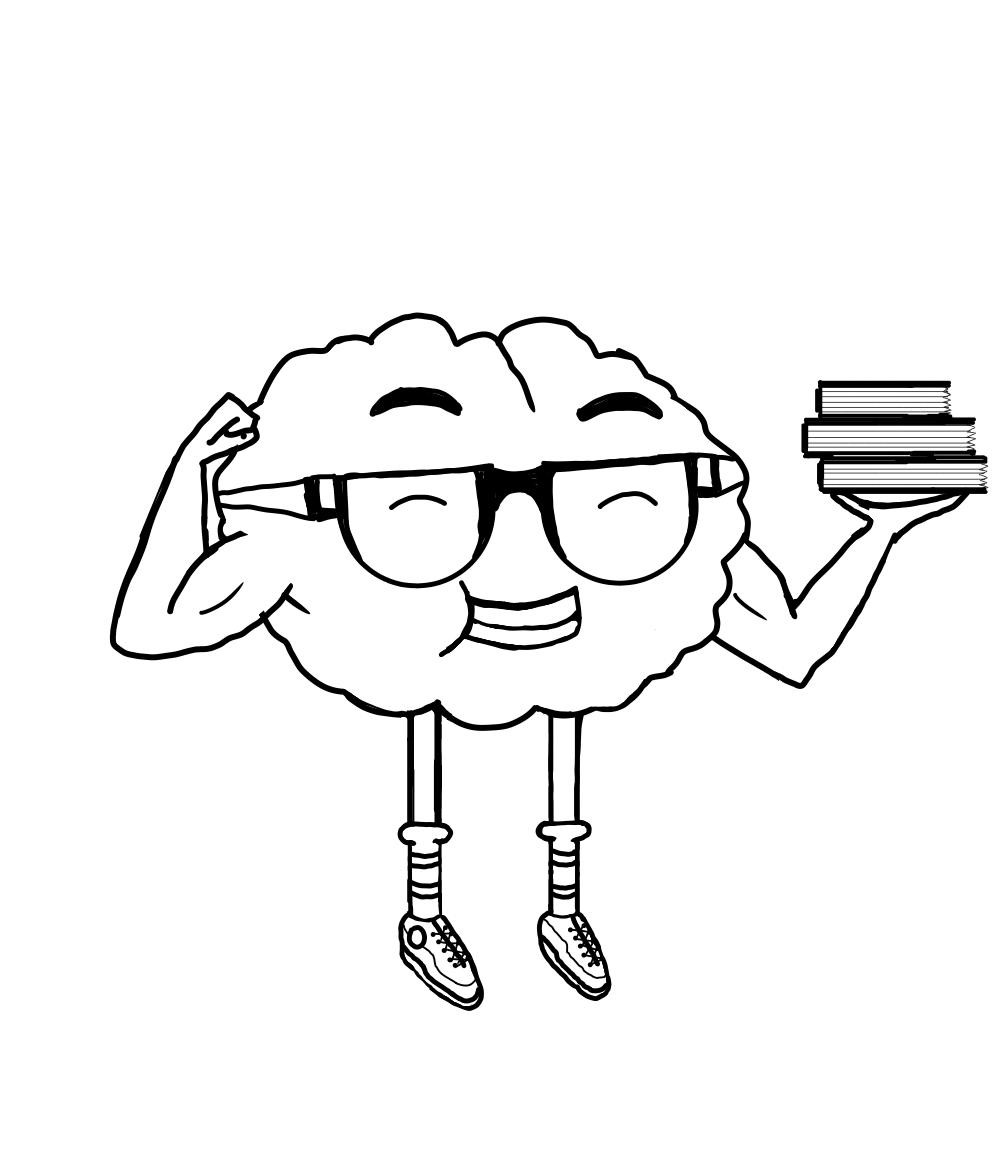BEI Chapter connects students, Alzheimer’s patients
While working for a neurologist in Wichita Falls, Tim Torres noticed the large number of patients diagnosed with Alzheimer’s disease, and he wanted to learn about the disease. His research led him to the Brain Exercise Initiative (BEI), and Torres, a graduate biology student at Midwestern State University, quickly worked to establish a chapter to help the local community. He leads the MSU Texas chapter as its president.
The BEI is a nonprofit organization that uses simple math, writing, and reading aloud exercises to help improve cognitive function in those with Alzheimer’s disease. Members of the organization utilize these activities to stimulate the brain's prefrontal cortex, the control center for cognitive functions, planning, and memory. The MSU Texas chapter is one of 32 chapters nationwide.
According to Alzheimer’s Disease International, Alzheimer’s and dementia affect about 46 million people worldwide.
“The first question patients will ask is what we do. They think it is like other diagnoses where you figure out you have the disease and start a medication regimen or a treatment plan and you’re on your road to getting better,” Torres said. “You know you try not to clap your hands and say there is nothing more you can do, so we try to encourage these daily exercises.”
The brain exercises, developed by neuroscientist Dr. Ryuta Kawashima, are broken down into math, reading, and writing. Torres said when doing math worksheets, the seniors are challenged to do them quickly without worrying about accuracy.
“ The important part is activating the prefrontal cortex of the brain and to do that you have to form these connections as fast as possible. That is how you ‘exercise’ the brain,” Torres said.
The important part is activating the prefrontal cortex of the brain and to do that you have to form these connections as fast as possible. That is how you ‘exercise’ the brain,” Torres said.
Activities also include reading and sometimes trivia questions.
“Secondly we’ll popcorn read or they can read on their own and then we will move onto trivia,” he said. “Trivia will all be things that the seniors could relate to, we might ask them, ‘Who was the 40th president? Or what year was the car invented?’ You know some general trivia that can kind of reactivate those connections where they have to retrieve those memories.”
After completing the exercises, there is an opportunity for students to bond and visit with the seniors.
“There are so many potential benefits for not only the seniors but also the students who are participating in this experience as well. Also I really don’t believe that there is only one subset of students that can give back,” Torres said. “Behind the diagnosis is a person, it’s your grandmother, it’s your mother, those people really deserve to be treated as just people like you and me.”
Patients are well aware of what they will be participating in by the time students begin interacting with them. Torres said, “A lot of them are just excited to do something that is different and out of their routine and a lot of them are excited to talk to some younger students and pass on some knowledge they have and just get a chance to interact with someone that is outside of their small community.”
Looking ahead to the future, the chapter is looking for facilities, volunteers, and patients who are interested in participating. Torres said volunteer opportunities are not just for MSU Texas students, but also for the public. “We’re trying to expand our outreach to all parts of Wichita Falls but even patients outside of the community who want to get more information about it,” Torres said.
The MSU Texas BEI chapter was in talks with Presbyterian Manor’s House of Hope when all volunteer activities were shut down to the COVID-19 pandemic. Torres said they were researching ways to continue during the quarantine, such as remote visitations. “As soon as we got momentum going, things came to a screeching halt but our volunteers are still ready and willing,” Torres said.
The BEI is a 501 (c)(3) charity and accepting donations. Funds will be used for the development of an app that will help conduct the exercises and devices to test the app and collect data.
Funds also will be used to help volunteers who need transportation to work with patients. “Some of our volunteers are Caribbean students who don’t have their own transportation and we want to make sure that we can provide rides for them to volunteer,” Torres said. “And so in saying that we are willing to accept charitable donations or just donations in time and energy if anyone is interested and would just like to spread the word, we always like to encourage you to contact us directly.”
Contact Torres or visit the Brain Exercise Initiative website for more information.
Editor’s Note: Due to the COVID-19 pandemic, all volunteering inside of care facilities has been suspended until further notice.
